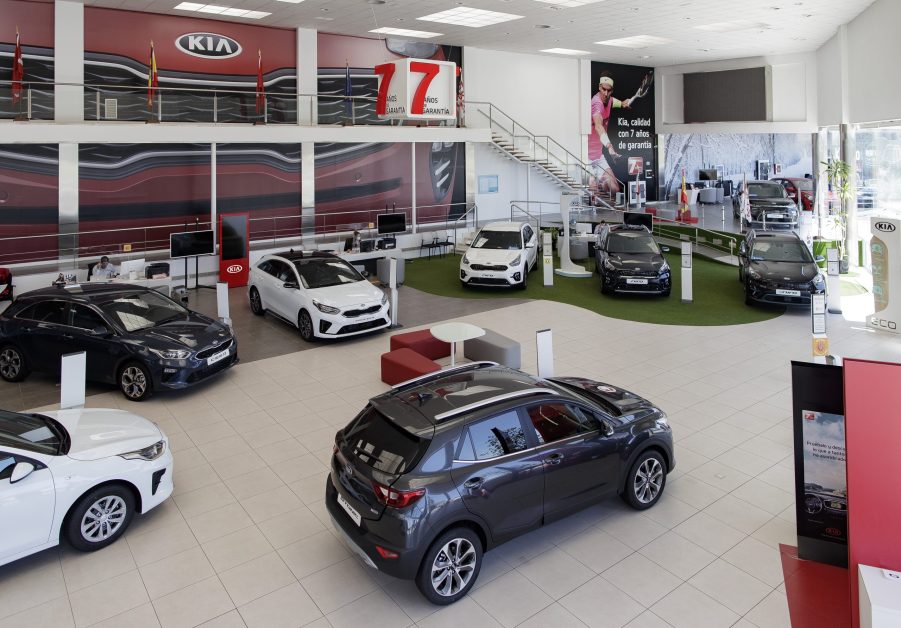
Here are 5 Things to Avoid When Trading in Your Car
If you’re looking to get rid of your old car in favor of a new one, then you may have considered trading it in to the dealership. Trading in your old vehicle is an easy and convenient way to get rid of it and whatever the dealer appraises it for can go toward the price of the new car that you’re buying. However, getting the most money for your trade can be tricky. Here are five things to avoid when trading in your car so that you can get the most value from it.
1. Don’t over or underestimate your car’s value

If you’re planning to trade in your old car, then it’s likely that you have owned it for years. Through those years of ownership, you have probably built up a lot of sentimental value for your car, however, that doesn’t mean that it’s worth more than it actually is.
As such, it’s important to have a ballpark value on your trade before getting it appraised by the dealer. Be sure to check out Kelley Blue Book to get your car’s trade-in value range so that you’re not going into your negotiations blindly. Also, don’t be surprised if your vehicle is worth less than you expected, unfortunately, trade valuations don’t factor in the memories and experiences that you’ve shared with the car.
2. A dirty car can mean fewer dollars
While dealers will tell you that they don’t care if whether or not your trade is clean when they do the appraisal, it can always help. That doesn’t necessarily mean that you have to get the car professionally detailed, as Exit 5 Auto notes, but at least having the car’s exterior and interior cleaned can make a good first impression. That first impression can even lead to a few more dollars.
3. Don’t spend too much making your car showroom ready

Avoid putting too much time and effort into making your trade-in showroom ready. You’re not going to get your money back for putting on brand new tires or brakes and the dealer will probably repair all of the major items that the car needs anyway. Save you money and at least make sure that the car is safe and legal to drive.
4. Don’t forget to have all of the important documents needed to trade the car in
No, you don’t need every single maintenance record for the car since the beginning of time, but any records that you do have since the time that you have owned the car could be helpful. Additionally, make sure to bring the car’s title (if you have it) as well as the car’s current registration form as the dealer will need those things to process the trade.
5. Neglecting to tell the dealer that you have a trade upfront

It’s a common misconception that “hiding your trade,” or not telling the salesperson upfront that you have a car to trade in, is beneficial. The thought behind this tactic is that you’ll get a better offer for your trade if you tell the dealer about it after you come to an agreement on the selling price of the new car.
In reality, you’re only wasting your time by doing this. Instead, tell the dealer upfront that you have a car to trade in, that way, they can appraise it while you’re test driving and talking about the new car. Afterward, the dealer can then streamline the process by showing you the price of the new car, plus the amount they valued your trade at.
Trading in your car is easy
While it might sound like there’s a lot to keep in mind when you trade your car in to a dealer, there’s not. Just ensure that the car is clean and remember to bring the important documents with you. Otherwise, make sure that you’re getting what your trade is worth and avoid telling the dealer that you have a trade-in late in the deal. By doing so, you can leverage the most of what your (old) car is worth.



